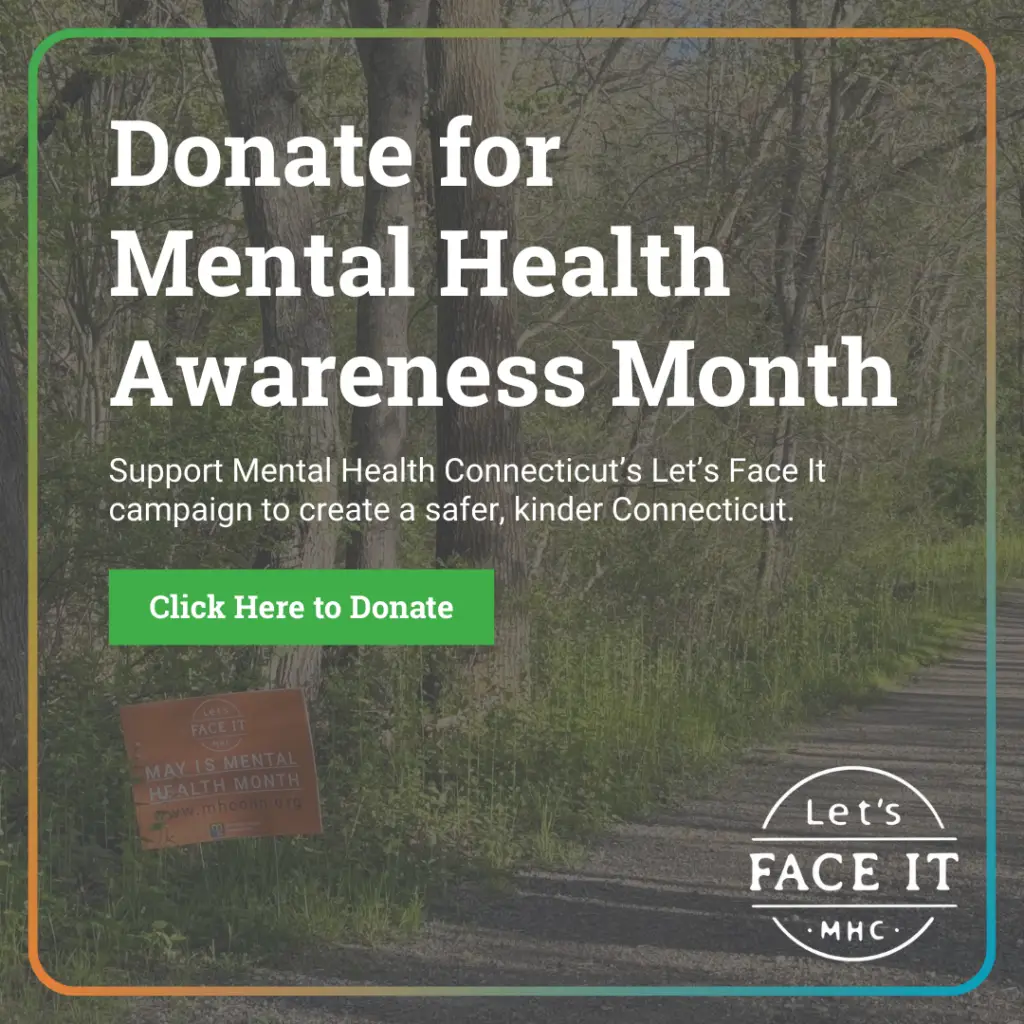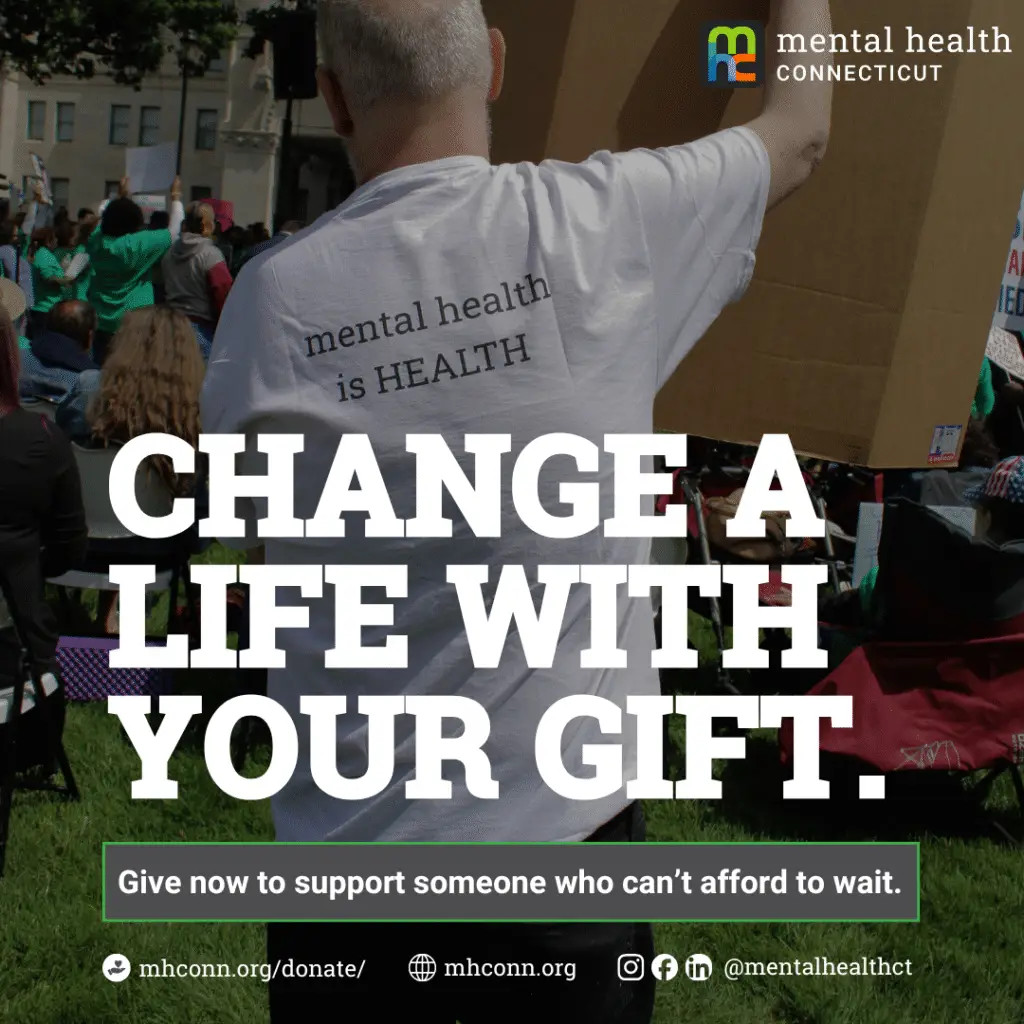WARNING: Some of the contents of this blog entry may be upsetting, as the blog includes information about the troubling phenomena of stigma. Truthfully, I think that any discussion of stigma should be upsetting, but I hope in a way that motivates rather than simply generates pain or discouragement. I hope, brave reader, that you will read on despite the risk of upset.
Let’s face it. No one really wants mental health problems in their lives. Granted, such problems are not always severe or incapacitating, and they may even serve as a catalyst for growth and learning, but I’m pretty sure they are not on most people’s wish list.
So, there is incentive to convince ourselves that such problems are rare and that they mainly happen to someone else. We are motivated to believe that we—and those we love and care about–will be spared the challenge of a mental health condition because we are smarter, more stable, more loved, more determined, and therefore less vulnerable, than those who succumb to such conditions.
However, mental health is not a reflection of strength, character, or willpower, and no one is immune from its challenges. The truth we must face is that mental health problems are very common and occur even among those we know personally. According to the website of the National Institute of Mental Health (NIMH), “more than one in five U.S. adults live with a mental illness (59.3 million adults in 2022).” Moreover, these conditions, as the large numbers would suggest, cross all demographics. It is true that some groups—e.g., those suffering poverty, discrimination, trauma, and limited access to mental health resources—have a higher prevalence of mental health conditions, but mental health conditions are found among all segments of society. This includes our families, our co-workers, and our friends. The high prevalence of mental health conditions and the personal and social tolls that these conditions impose demand our compassionate attention, not the pretense that they are rare and distant.
The frequently unrecognized commonality of mental health conditions is one of the reasons why Mental Health Connecticut has chosen “Let’s Face It” as a theme for its 2025 Mental Health Month activities. “Let’s Face It” is a call to face facts about the ubiquitous mental health needs of our communities and the individuals within them.
The message of “Let’s Face It,” however, involves more than just encouragement to recognize the overall prevalence of mental health conditions. It also is a reminder that we need to recognize when we ourselves are experiencing mental health problems.
Of course, this recognition is not an easy thing, made more difficult by the existence of the long-standing stigma associated with mental health conditions. Stigma involves inaccurate negative beliefs and stereotypes about mental health conditions and also the damaging actions that follow from those beliefs. When people wrongly believe that individuals with mental health conditions are unable to contribute meaningfully to their communities, that is stigma. When someone with a mental health condition is viewed and treated as alien, deficient, or unworthy, that is stigma. When people with mental health conditions are present when others say disparaging things or present negative ideas and images about their conditions, that too is stigma. I include here the frequent negative mass media depictions of mental health conditions to which all of us are repeatedly exposed. (Look for an expanded discussion of this in a future blog entry). Moreover, these negative misconceptions lead to discrimination. Stigma makes it harder for people living with mental health conditions to find, maintain, or progress in employment, to rent an apartment, to defend themselves in court, to gain school admissions, or even to obtain a driver’s license or passport.
Again, then, we are motivated to avoid recognition of our own difficulties. It is natural to be reluctant to acknowledge or reveal a mental health condition when that may lead to undesirable social consequences. Thus, we may try to deny our own mental health difficulties and to convince ourselves that we are okay even when we are not. Sometimes, however, we need to say to ourselves, “Let’s face It; I’m not doing well, and I need some help with my mental health.”
The ”Let’s Face It” message is also an encouragement to face our own misconceptions and prejudices about mental health conditions. Growing up in societies and cultures where people with mental health conditions are often demeaned, devalued, and even demonized, it is likely that we have picked up attitudes and beliefs that color our thinking and our actions. Too often, even as we see ourselves as enlightened and accepting, the designation of a person as having a mental health condition conjures up negative stereotypes. We may, then, respond to the person on the basis of those stereotypes and fail to appreciate the rich history, skills, character, creativity, aspirations, and/or manifest courage that may more accurately characterize that unique individual. Although it may be difficult to acknowledge our own prejudices, preferring, of course, to see ourselves as bias free, it is important that we face the prejudices that do lurk within us.
One way to challenge our stereotypes is to learn about real people who have mental health conditions. “Let’s Face It,” is also a reminder of the importance of seeing the people behind the mental health condition label. Accordingly, MHC, during Mental Health Month, features the faces and stories of individuals willing to share their backgrounds and experiences with mental health challenges. As MHC says on its website, “By sharing these compelling stories, our aim is to spark more conversations and awareness.” I urge you to read and listen to those stories.
I could go on, as there is much more to say. And, of course, college professors, including retired ones, are not known for their verbal constraint. However, let’s face it. You have probably had enough of my preaching at this time. So I will save my further musings for future blog entries and trust that you will read those as well.
Otto Wahl, Ph.D.
MHCT Development Committee Member








